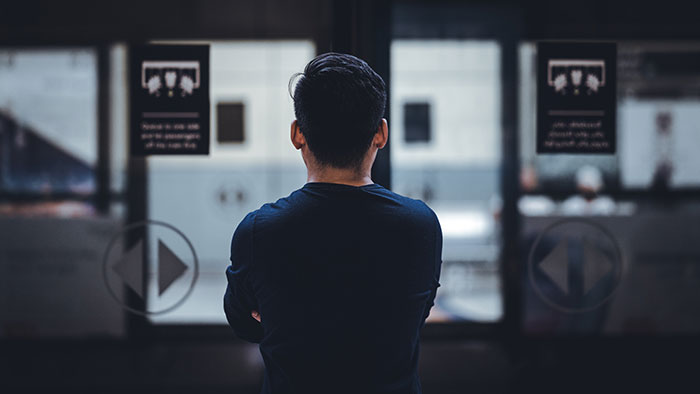
Forgiveness is a journey, not a destination. It’s a process that requires patience, understanding, and a deep dive into the complexities of human emotions. When someone does us wrong, our immediate reaction is often a mix of anger, betrayal, and hurt. These feelings are valid and natural, but holding onto them for too long can be detrimental to our well-being. So, how does one navigate the intricate path of forgiving someone who has caused pain? Let’s delve into the art of forgiveness.
Understanding Forgiveness
Before we can truly forgive, it’s essential to understand what forgiveness means. It doesn’t imply that you’re condoning the wrong or forgetting it. Instead, forgiveness is about freeing yourself from the shackles of resentment and bitterness. It’s a gift you give to yourself, more than to the person who wronged you.
The Power of Empathy
Empathy is the ability to understand and share the feelings of another. By putting ourselves in the shoes of the person who hurt us, we can sometimes see the situation from a different perspective. This doesn’t justify their actions, but it can provide context. Maybe they were going through a tough time, or perhaps they didn’t realize the impact of their actions. By empathizing, we humanize them, which can be a stepping stone towards forgiveness.
Acceptance is Key
Accepting that the past cannot be changed is a crucial aspect of forgiveness. Ruminating over what happened and wishing things were different only prolongs our pain. Acceptance allows us to acknowledge our feelings without letting them define us. It’s about saying, “This happened, and I can’t change it, but I can control how I react to it.”
Open Communication
If possible, consider having an open conversation with the person who wronged you. Expressing your feelings and hearing their side of the story can be therapeutic. It provides closure and can often lead to mutual understanding. However, it’s essential to approach such conversations without expectations. The goal is healing, not necessarily reconciliation.
Self-Care and Healing
Forgiveness is as much about the other person as it is about you. Engage in activities that promote self-healing. This could be meditation, journaling, therapy, or simply spending time with loved ones. Surrounding yourself with positive energy can accelerate the forgiveness process.
Letting Go
Holding onto grudges is like carrying a heavy weight. The longer we hold onto it, the more it wears us down. Letting go doesn’t mean the pain never existed; it means we’re choosing our happiness over our hurt.
The Journey Continues
Remember, forgiveness is a journey. Some days will be harder than others. There might be moments of anger and relapse. That’s okay. What’s important is the commitment to move forward, to rise above the pain, and to embrace the healing power of forgiveness.
In conclusion, forgiving someone who did you wrong is not a sign of weakness but of immense strength. It’s a testament to the resilience of the human spirit. By choosing forgiveness, we’re not only releasing the wrongdoer from their chains but, more importantly, setting ourselves free.

Theodore Lee is the editor of Caveman Circus. He strives for self-improvement in all areas of his life, except his candy consumption, where he remains a champion gummy worm enthusiast. When not writing about mindfulness or living in integrity, you can find him hiding giant bags of sour patch kids under the bed.
